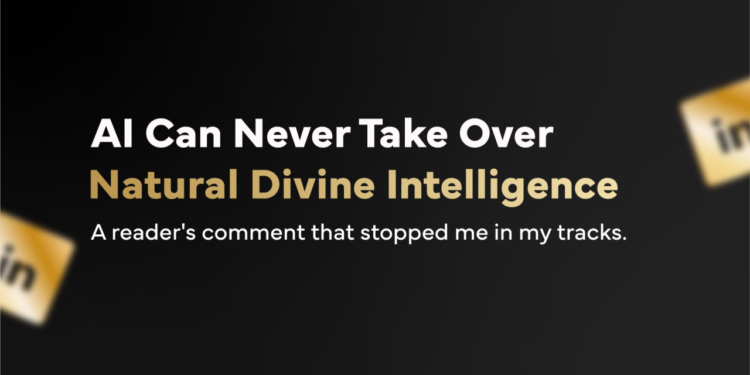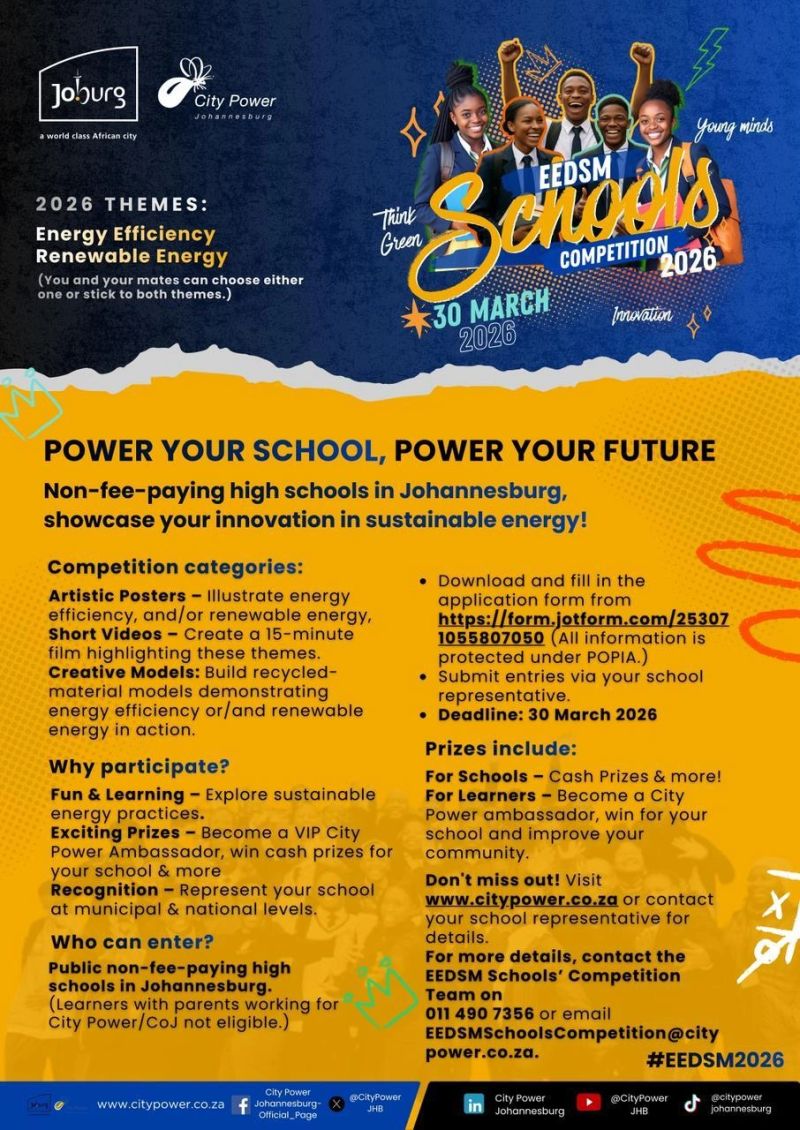Sometimes a single line can shift your entire perspective. Last week, one of you, Sadaf Jawad wrote something in response to my newsletter that I couldn’t move past without exploring it further:
“AI can never take over natural divine intelligence.”
The credit for this profound observation goes entirely to Sadaf, but the ripple effect it created in my mind is what I want to share with you today.
Why This Line Stopped Me?
This isn’t just a sentence for me, it’s an entire philosophy of life, a reminder of something we’re dangerously close to forgetting.
I am a strong believer that human beings are limitless.
The evidence?
Look around you. Every wonder in the world you’re living in was created by human hands, human minds, human hearts. Can you name any species in the history of the universe that has ever created something from nothing the way we have?
You can’t. Because that ability, that divine spark belongs to us alone.
The Fading Reality
Yet this reality has been fading as time passes. We’re witnessing an entire generation growing up believing that machines are more powerful than human beings. And on the surface, the arguments seem compelling:
AI is faster
It works 24/7
It might be more efficient
It doesn’t eat, sleep, or take breaks
It can produce more than any individual human
It could become conscious in the future, if it isn’t already
All of this is impressive. Revolutionary, even. But there’s another side to this picture that we’re barely acknowledging.
The Hidden Cost
What is this technological marvel costing us as human beings?
We’re becoming lonelier. We’re becoming less emotional. Our sense of community is dissolving. Our intentions are being manipulated. Our minds are filled with information but starved of wisdom.
We’re not just destroying social structures; we’re destroying ecological ones too. We’re less connected to nature, less aware of ourselves. We’ve become more selfish than ever, treating personal freedom as a new religion where we decide what serves our interests without considering the ripple effects on others, on the world around us, on the environment, on other species.
We’re more materialistic and consumptive than we realistically need to be. In our pursuit of efficiency and optimization, we’re becoming the best version of the robots we once dreamed of and in doing so, we’re losing our humanity, our essence.
The Divine Intelligence We’re Forgetting
But here’s what Sadaf’s words reminded me: we possess something that no machine, no algorithm, no artificial intelligence can ever replicate divine intelligence.
This isn’t about religious beliefs (though it can include them). This is about the spark that allows us to:
Love without logic
Dream beyond data
Connect soul to soul
Find meaning in suffering
Create beauty from chaos
Transform pain into purpose
A Call Back to Our Essence
In times when we’re almost on the brink of losing our humanity, when our essence is at stake and our souls feel emptier than ever, we have a choice.
We can choose to be part of something that calls us back to ourselves. A space that is entirely human, rough, raw, and beautifully imperfect.
We can choose to remember that while AI can process, analyze, and even mimic, it cannot feel the weight of a sunset, the ache of missing someone, or the inexplicable joy of a child’s laughter.
The Question That Matters
As we navigate this AI-dominated world, the question isn’t whether machines will become more powerful than humans. The question is: will we remember what makes us irreplaceably human?
Will we nurture the divine intelligence within us, the intelligence that creates, loves, dreams, and connects?
Or will we slowly surrender it in exchange for convenience and efficiency?
The choice is ours. And it’s one we make every single day.
What do you think about this tension between artificial and divine intelligence?
How do you maintain your humanity in an increasingly automated world?
Thank you for reading, for thinking, for being beautifully imperfectly human.










